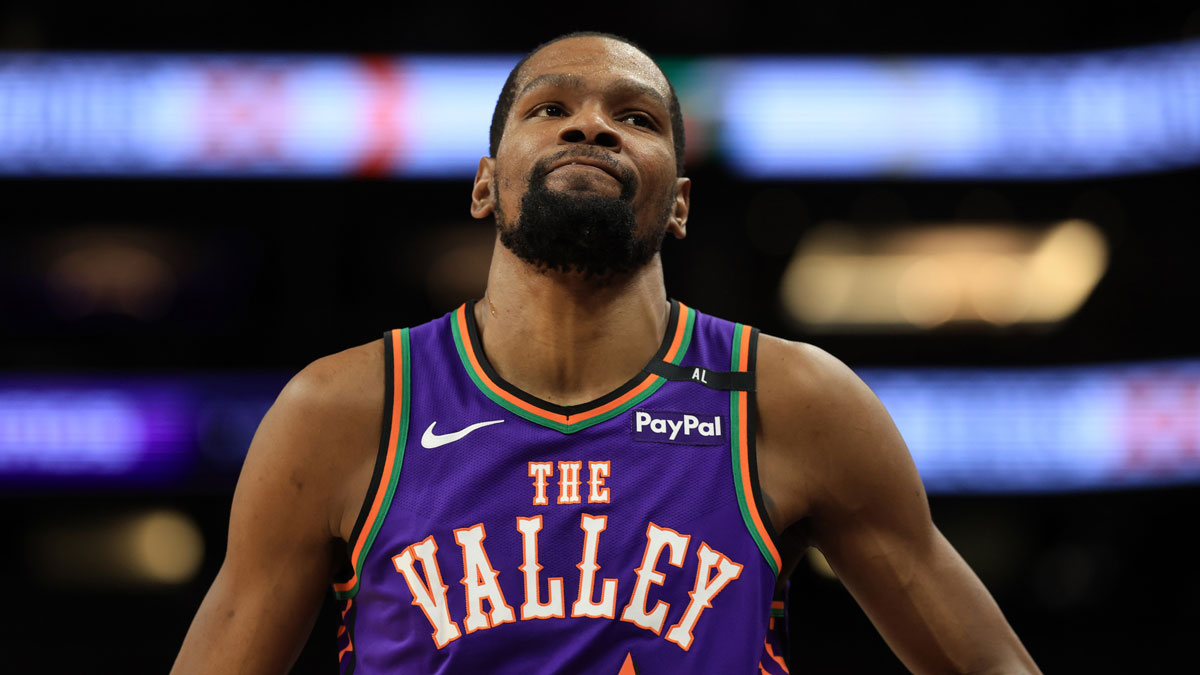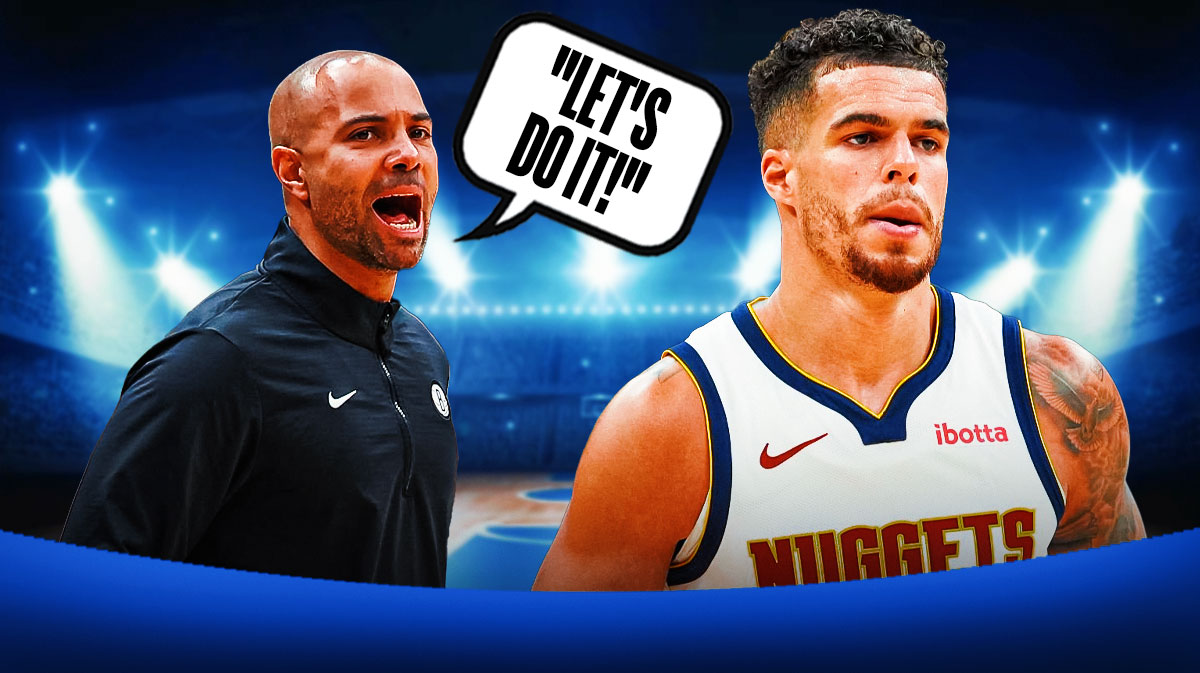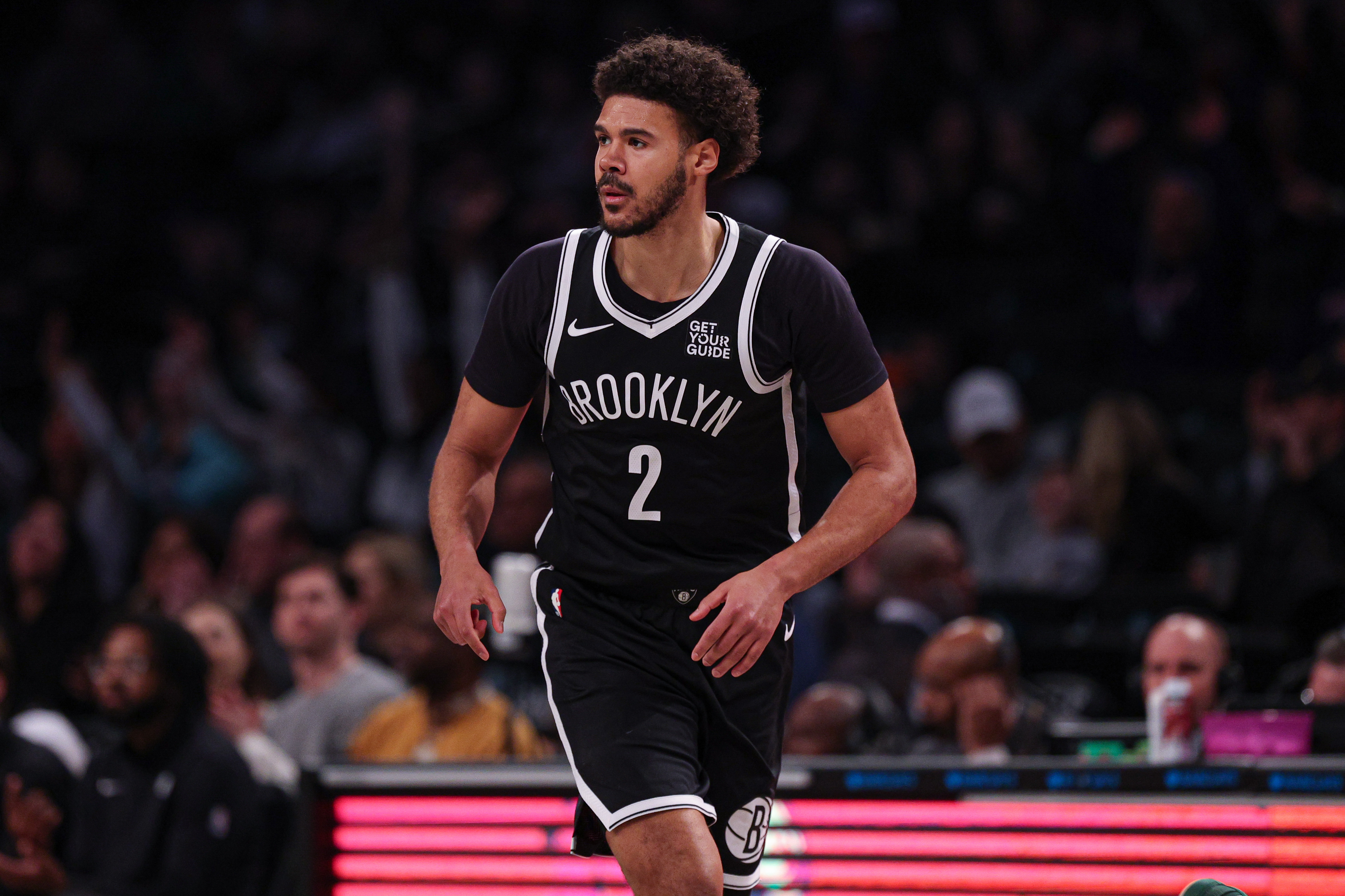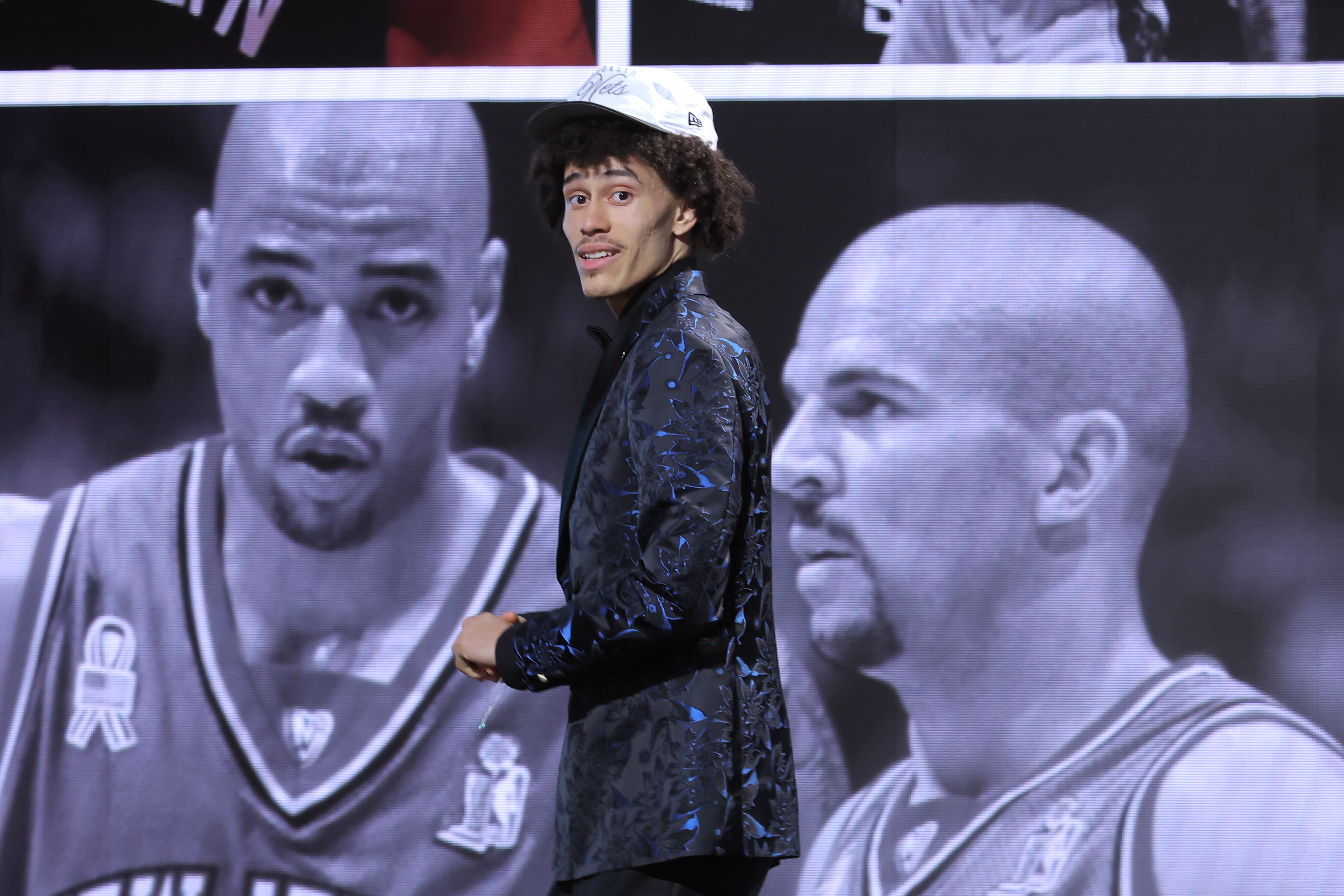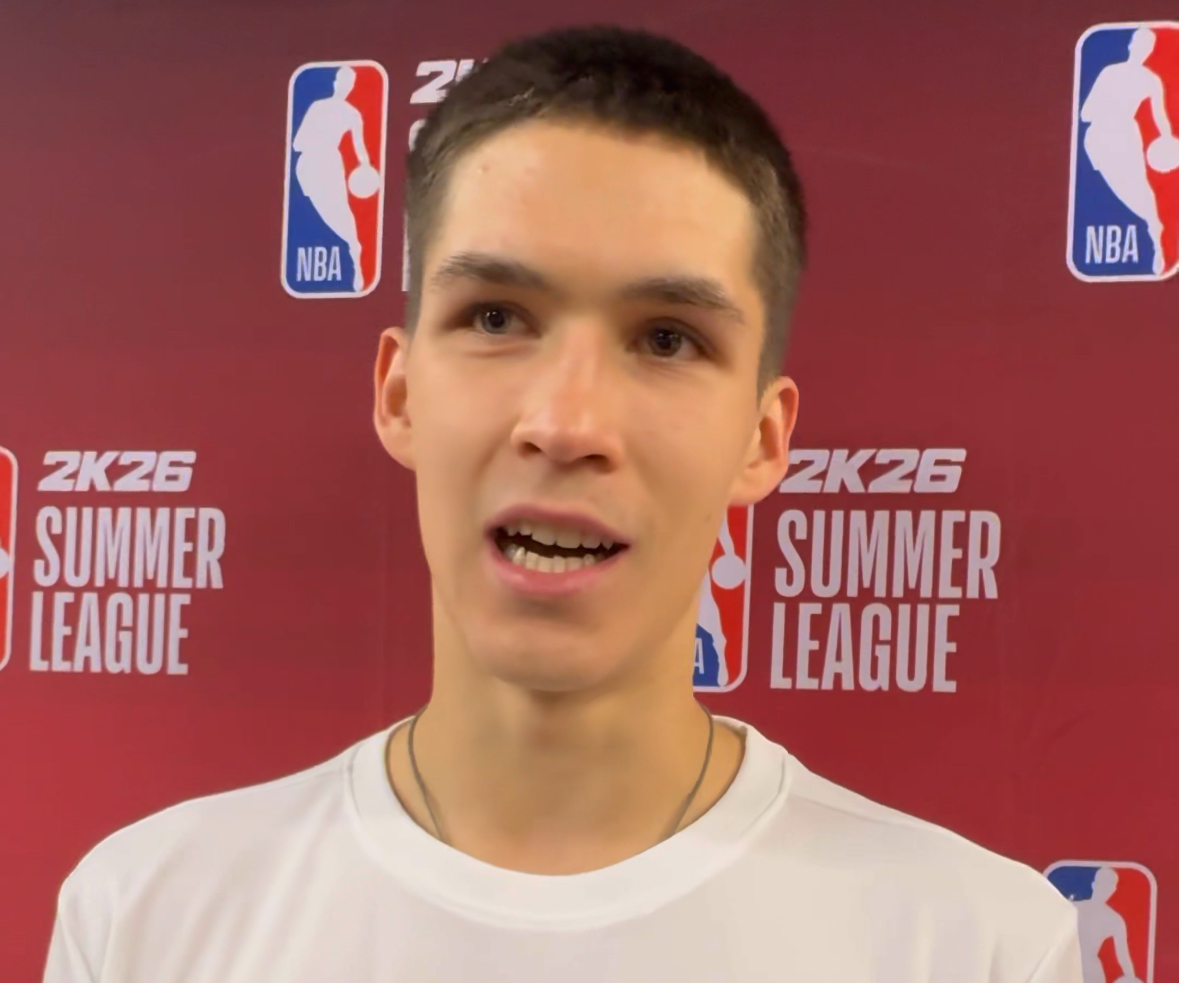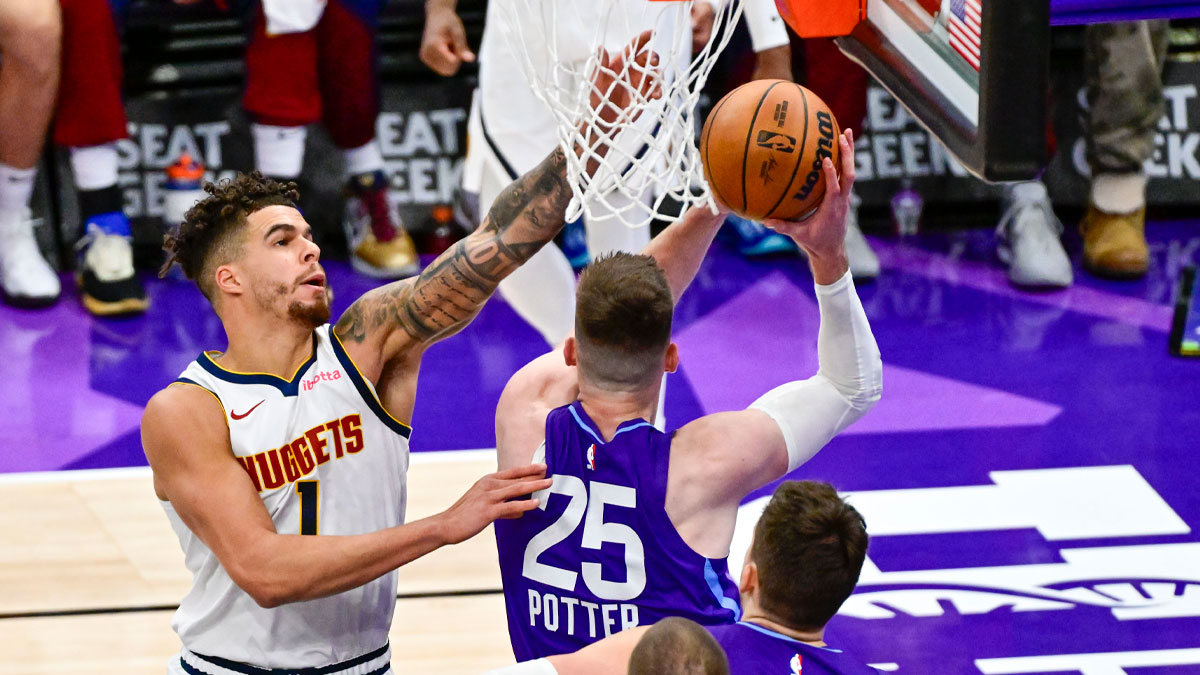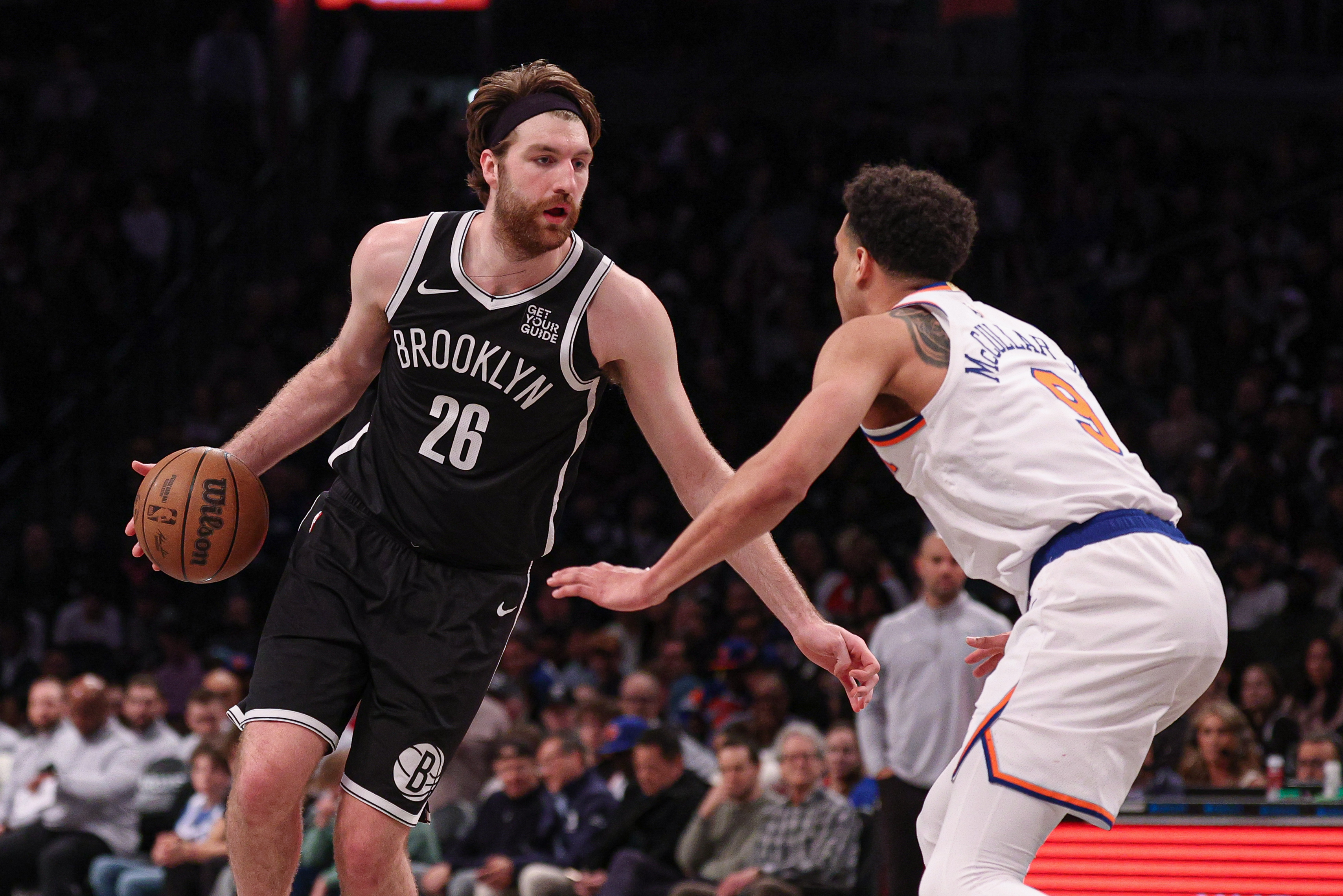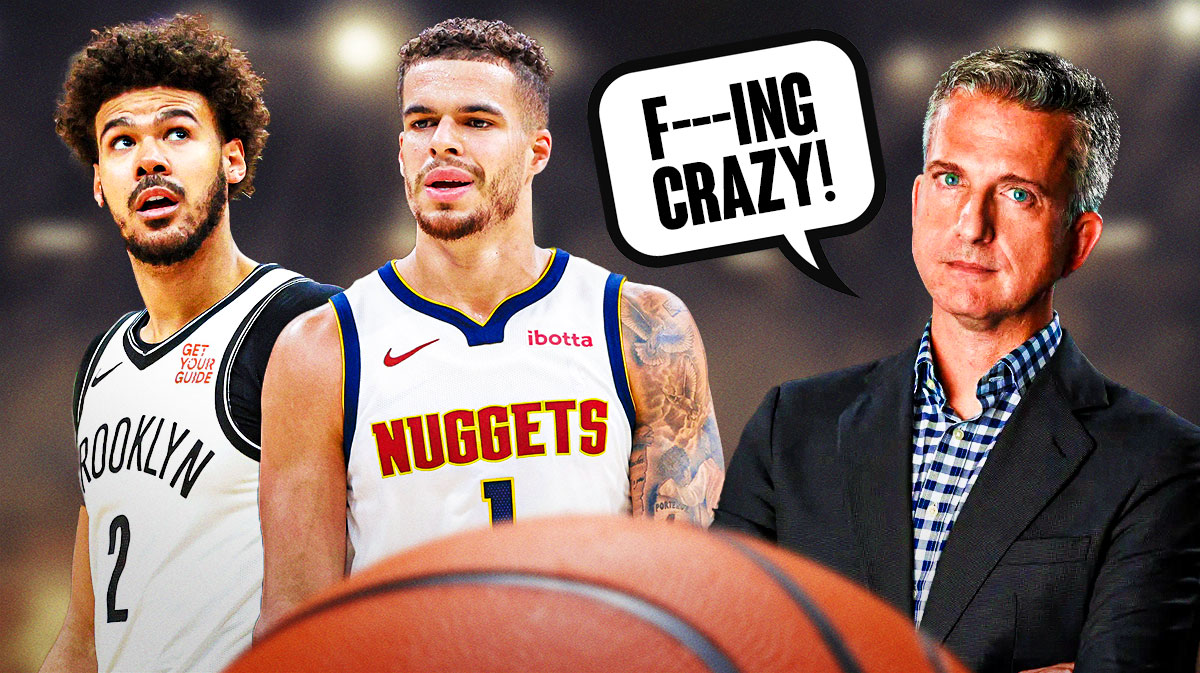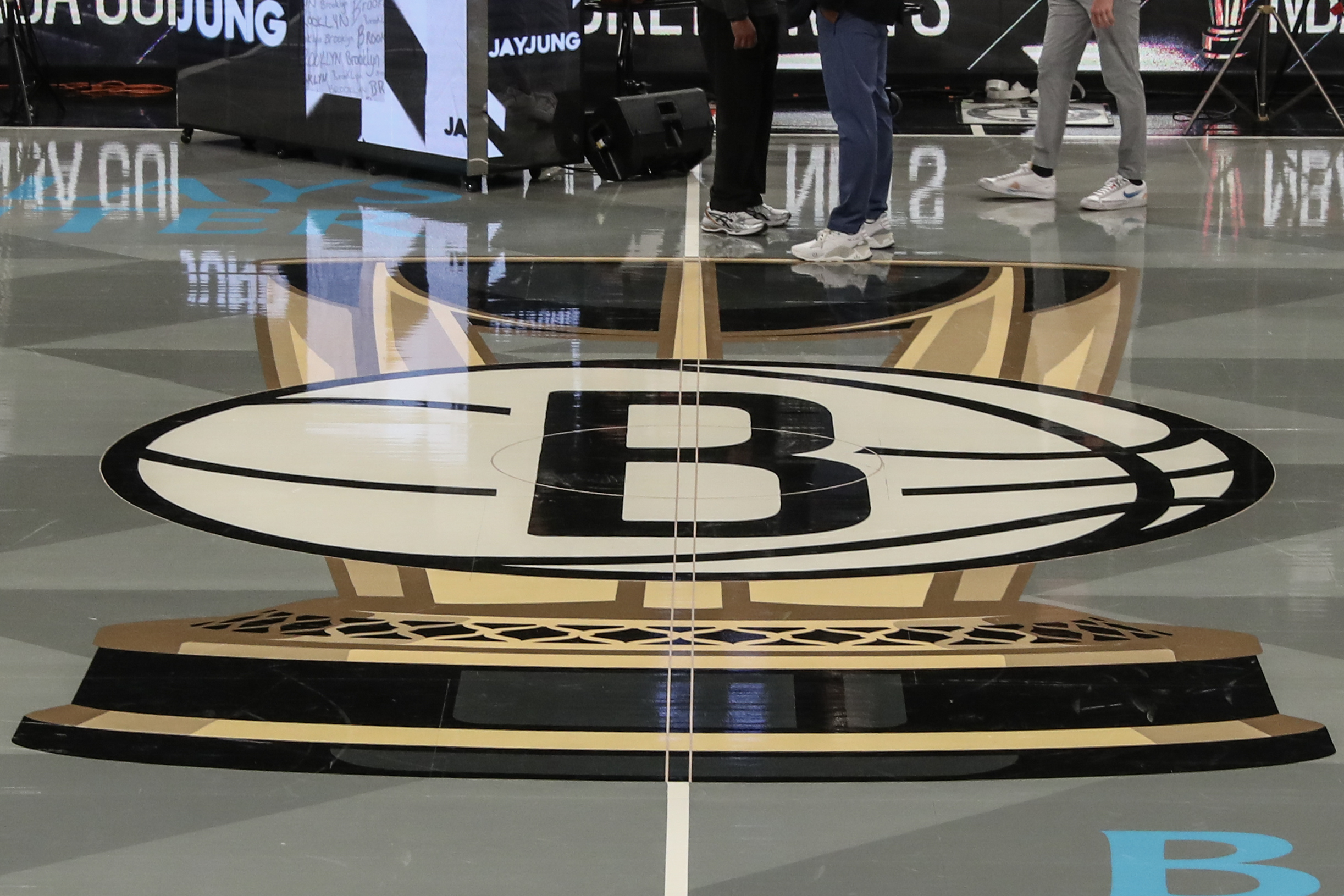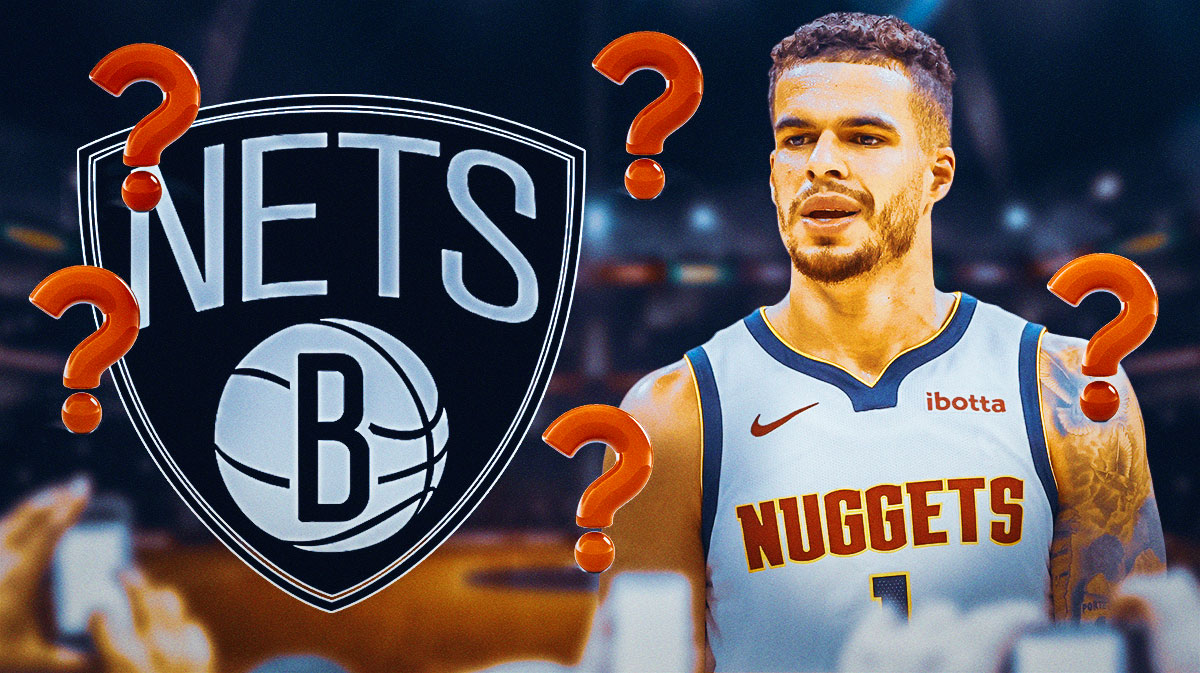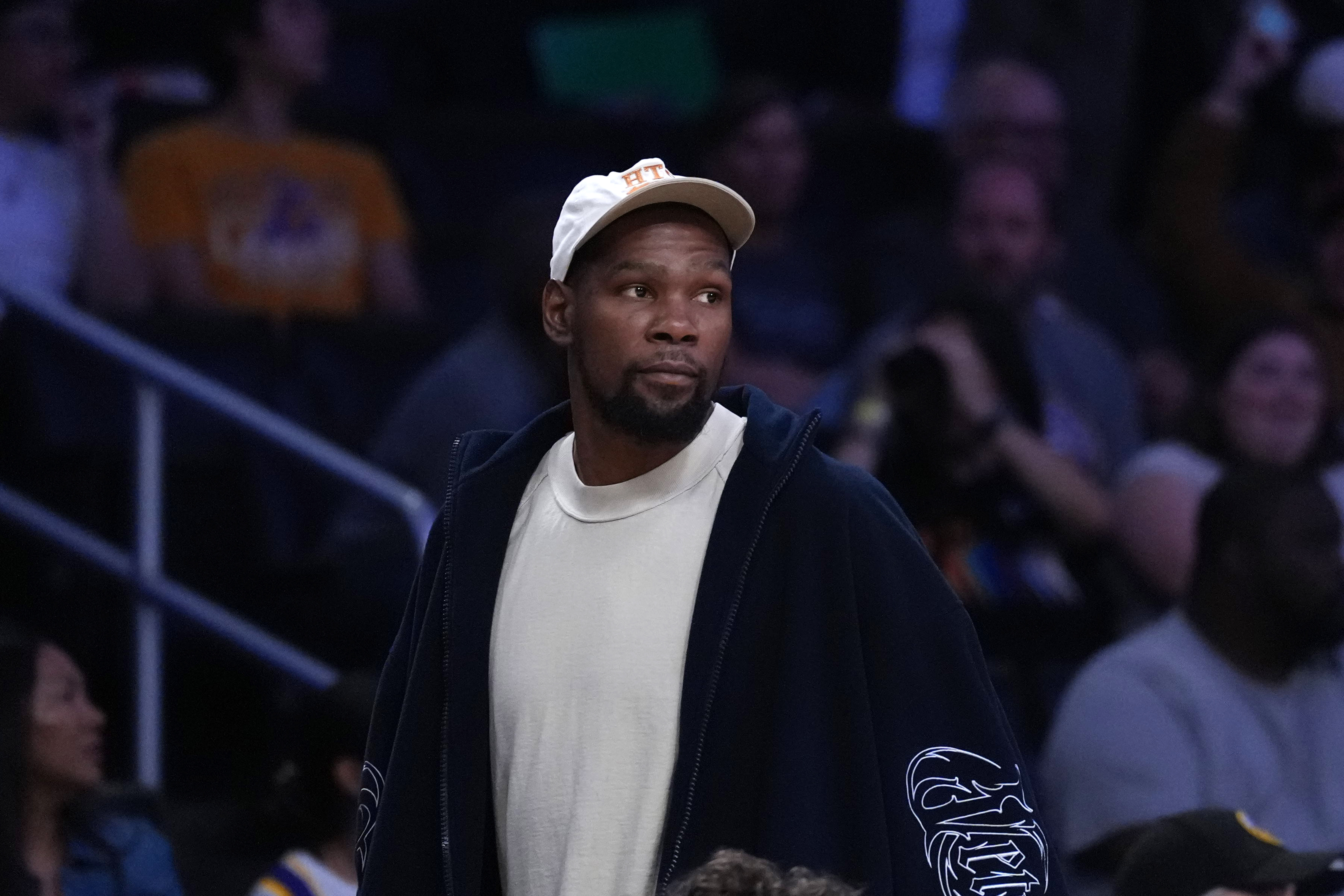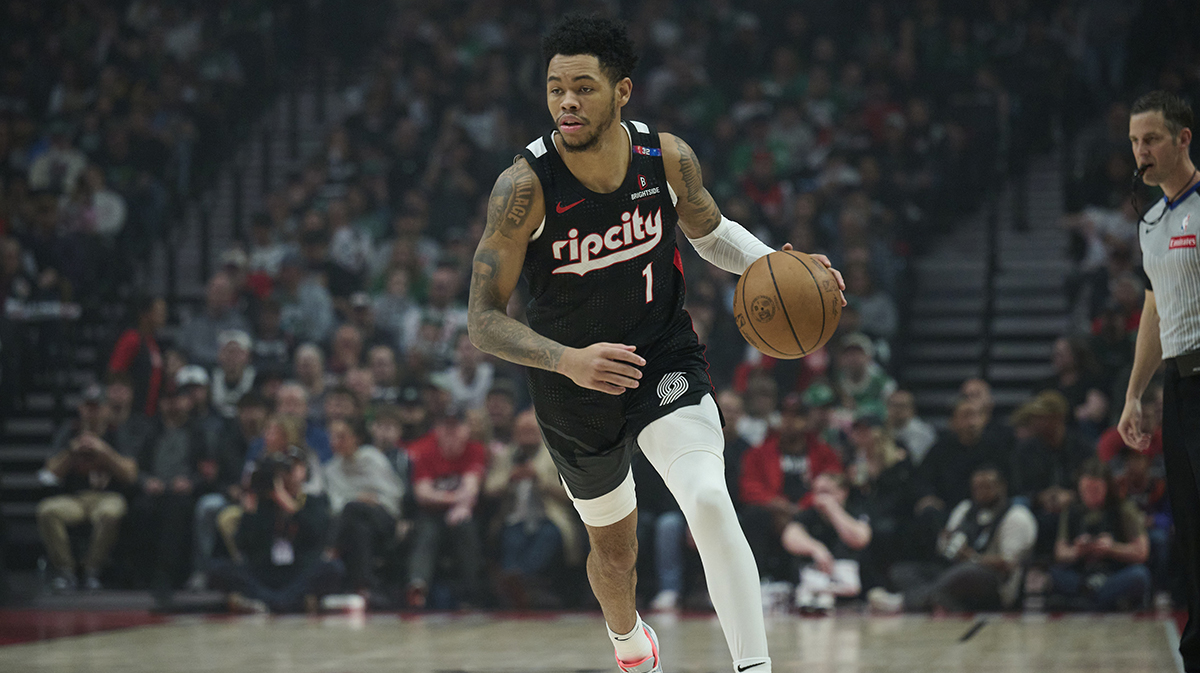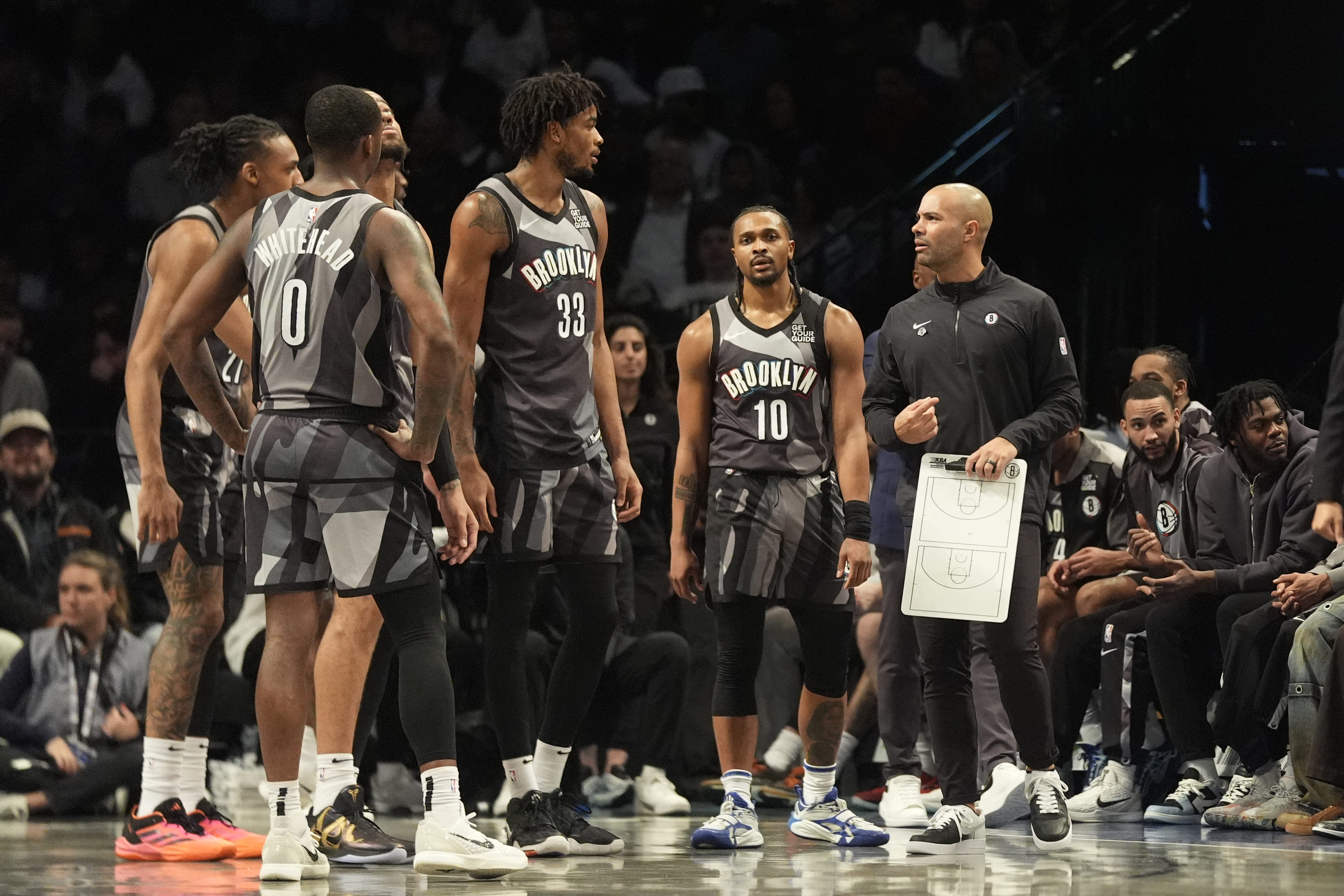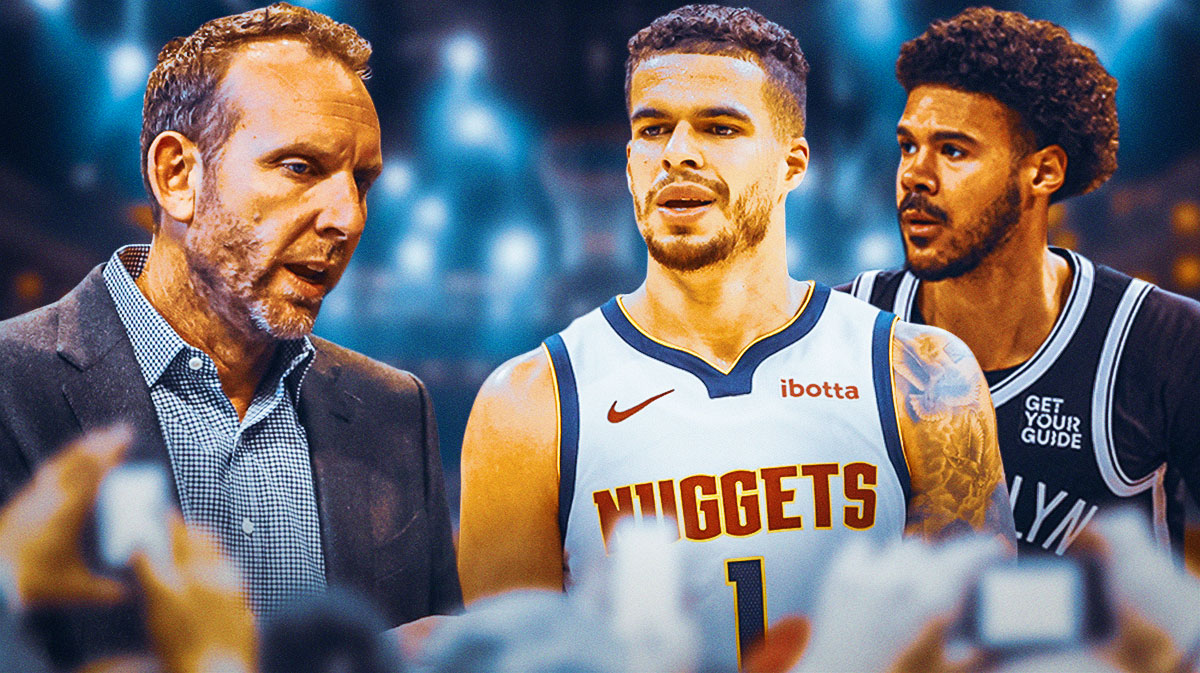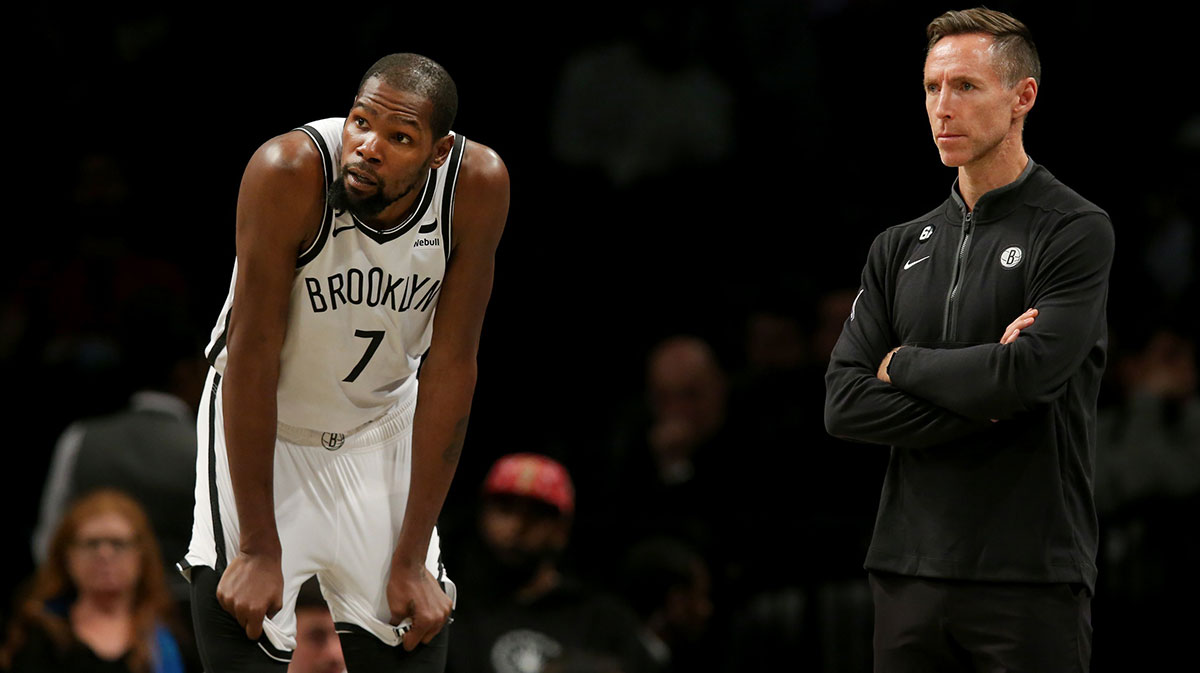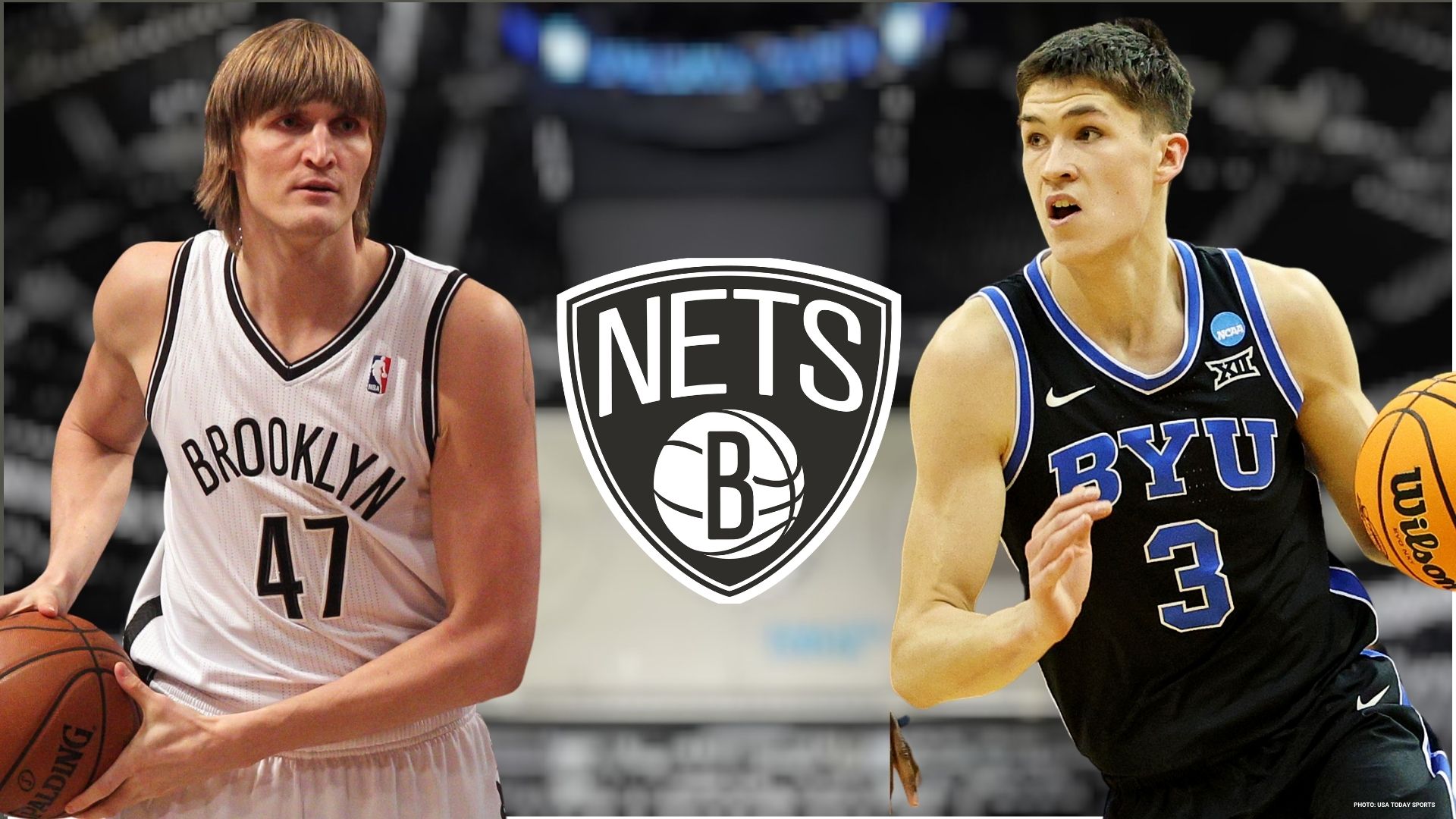Since LeBron James' infamous Decision back in the summer of 2010, player movement in the NBA has erupted, both as an action and a talking point among pundits and fans alike. Between that, Kevin Durant going to the Golden State Warriors, and now to this season's Brooklyn Nets, the concept of the player-generated superteam has grown into a yearly possibility for fans. Whether or not it's amazing or horrifying entirely depends on if your team is the lucky recipient of such a windfall of star power, but to many, the concept of the superteam ruins the game.
This latest superteam building in Brooklyn has come under much of the scrutiny thus far into the season. After all, the post-KD/Golden State world was supposed to be more level, wasn't it? Everyone was obsessed with duos like LeBron/AD, Kawhi/PG, Giannis/Middleton, Simmons/Embiid. We were finally out of the superteam era. Before this season, the Nets were just a duo with KD and Kyrie Irving! What happened? Why must James Harden, Blake Griffin, and LaMarcus Aldridge ruin the game for everyone?
Relax people. Take your medicine, breathe in and out, count to 10, and use your inside voices.
Of course these Nets seem overpowering at the moment. But you forget that neither Aldridge nor Griffin, who are both outside their primes, are even the fourth-most important player on the team (*cough*Joe Harris*cough*). Sure, they seem like overwhelming favorites, but we all said the same thing about the Lakers acquiring Marc Gasol and Montrezl Harrell. More than that, these Nets haven't actually won anything.
They are an undeniable force this season, to be sure. But they aren't the first superteam, or even the best, necessarily. If you want to look at some truly overpowering squads built purely to destroy, we can do that. Let's look back in history at some of the actual most overpowering superteams of all time.
2016-2017 Golden State Warriors
Here's a riddle: Take a team that went 73-9 and replace its worst starter with the best perimeter scorer in the league, possibly of all time. He's also basically a 7-footer who can defend at an elite level.

You get the best record in the league (67-15) and a championship with only one game lost in the playoffs. Most of the teams on this trip down memory lane will have a Big Three, a trio of stars with clearly defined roles. This team had four. Stephen Curry and Klay Thompson are the best shooting backcourt of all time. Draymond Green was an offensive and defensive engine and resident wild card. Kevin Durant, the Frankenstein element on this team, was the greatest scorer in the league (probably still is when healthy), with guard-like handles at his size. Better than most teams on this list, too, was that all four of these players were under the age of 30.
Four superstars all in the exact middle of their athletic primes — it doesn't get better than that. Except for the bench, which stayed intact since Durant was brought on without need for a trade! Andre Iguodala, Shaun Livingston, and David West were all there as well.
This Warriors team has a legitimate claim to the throne of the best NBA team of all time.
2007-08 Boston Celtics
Ah, the original Big Three.
Many forget, but the first real Frankenstein in the NBA's 21st century ledger was actually built in Boston. No, it wasn't done with a TV special, nor was it player-designed, but this move was the one that put Danny Ainge on the map, landing Kevin Garnett and Ray Allen after dumping a bunch of young players and draft picks on the Minnesota Timberwolves and then-Seattle Sueprsonics.
What followed was the largest single-season turnaround in NBA history (a 42-game improvement) and an NBA championship. The Big Three Celtics went 66-16, with all three stars lighting it up on both ends of the court.
What puts these Celtics over the top as a superteam was their composition outside and within their three stars. Pierce was the bucket-getter, Ray Allen was relegated to a super sniper role, and KG was the big man in the middle and defensive anchor. As for the pieces around the stars, those were no small thing either. Only three players on Boston's roster that season posted a negative net plus/minus rating, and the Celtics were able to take advantage of young and energetic players like Rajon Rondo, Kendrick Perkins, and Tony Allen.
Contrast this to the eventual superteam in Miami. The top-tier pieces were there, to be sure, but LeBron James, Dwyane Wade, and Chris Bosh had to learn their roles on the team in a relatively clunky manner. The surrounding pieces were no great shakes either. Ask yourself whether you'd take Rajon Rondo or Mario Chalmers as your primary support player, and then come back to this entry.
1995-96 Chicago Bulls
This was a superteam.

Don't deny it because of greatness. The '96 Bulls were possibly the most beautiful collection of talent ever assembled, and similar to the '08 Celtics, each of Chicago's Big Three knew their roles. Michael Jordan was, well, Michael Jordan. Scottie Pippen was the facilitator and top defender. New acquisition Dennis Rodman was the muscle-bound rebounder.
Regarding the support pieces, this is one of the teams that should just have been considered unfair. European star Toni Kukoc was in the meat of his prime as a double-digit bucket-getter, Ron Harper was a human padlock on defense, and Steve Kerr had a legit 50/50/90 season. In fact, Dennis Rodman's plus/minus was lower than all three of these guys!
This was the greatest two-way bludgeoning stick in NBA history, and 72-10 doesn't come from nowhere.
1985-86 Boston Celtics
Surprised? Don't be.
The usual suspects are here. Larry Bird, Kevin McHale, and Robert Parish have been humbly called the greatest frontcourt of all time, and with good reason. The same feeling of well-defined roles remains, as Bird was a distributor and perimeter threat, McHale was the beast in the post, and Parish the steady anchor.
But did you know that these Celtics also had a sniper? He was a smaller guard that went by the name Danny Ainge, wily even back then. They were Frankenstein'd a bit too, having acquired former Finals MVP and five-time All-Star Dennis Johnson to man the point guard position.
But the kicker was their Sixth Man of the Year: former MVP Bill Walton.
You forget about Bill Walton on this team, but with modern NBA audiences yelling and screaming about Blake Griffin, they forget that these Celtics acquired both his equivalent and more in accolades with Johnson, and even more than that with Walton!
This team was simply unfair. How else could Michael Jordan score 63 points in a playoff game and still get swept otherwise?
Honorable Mentions
With respect to Lakers teams both old and new, no teams were considered that were either duos or organically built. Outside of Kareem, the Showtime Lakers were all built through the NBA Draft, and Kobe/Shaq and LeBron/AD were simply duos. Only Frankensteins are allowed on this list. Same goes for the 2000s Spurs. The flaws with LeBron's Miami teams were obvious, and they always seemed to have a legitimate rival.
The 2020-21 Nets could surely make the cut. But the point of this exercise is to illustrate that they haven't done anything yet. There are plenty of real superteams to look back on, so for anyone complaining, kindly shut it.

